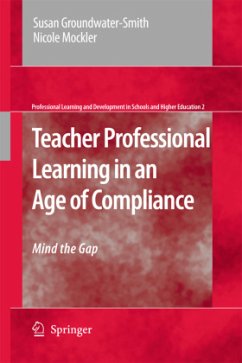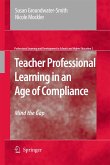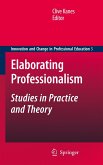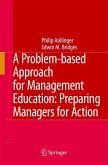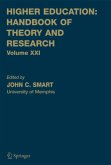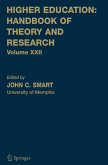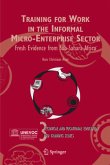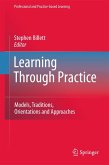Teacher Professional Learning in an Age of Compliance: Mind the Gap examines ways in which practice-based inquiry in educational settings, in a number of different countries and contexts, can transcend current ways of working and thinking such that authentic professional learning is the result.
The authors contend that education policy, under pressure from a number of quarters, is retreating into a standardized, audited, and backward-looking arena, with the advances of more progressive educational philosophy being rolled back.
In an age where practitioner inquiry and action research have often been 'hijacked' for the purposes of broad-based policy implementation, this book offers a rationale for reclaiming the critical edge so fundamental to inquiry-based professional learning. It examines the potential of inquiry-based forms of teacher professional learning to contribute to the growth of professional knowledge for and about teachers' work.
The authors intend that the book will assist in building new forms of professional knowledge that go beyond the current compliance model - engineered from less enduring materials - to inform a new model with its foundations in a strong ethical and moral framework. They also believe that this new model, if implemented, will help to reverse today's conservative educational trends and make teacher professional development a force for genuine progress once again.
They have consciously moved away from the celebratory tone of much of the academic reporting of teacher professional learning, adopting instead a genuinely critical edge. In covering a wide range of policies and practices from across the international spectrum, they have allowed themselves the freedom to engage in serious epistemological arguments about the nature of professional knowledge, as well as how it is constructed and employed.
The authors contend that education policy, under pressure from a number of quarters, is retreating into a standardized, audited, and backward-looking arena, with the advances of more progressive educational philosophy being rolled back.
In an age where practitioner inquiry and action research have often been 'hijacked' for the purposes of broad-based policy implementation, this book offers a rationale for reclaiming the critical edge so fundamental to inquiry-based professional learning. It examines the potential of inquiry-based forms of teacher professional learning to contribute to the growth of professional knowledge for and about teachers' work.
The authors intend that the book will assist in building new forms of professional knowledge that go beyond the current compliance model - engineered from less enduring materials - to inform a new model with its foundations in a strong ethical and moral framework. They also believe that this new model, if implemented, will help to reverse today's conservative educational trends and make teacher professional development a force for genuine progress once again.
They have consciously moved away from the celebratory tone of much of the academic reporting of teacher professional learning, adopting instead a genuinely critical edge. In covering a wide range of policies and practices from across the international spectrum, they have allowed themselves the freedom to engage in serious epistemological arguments about the nature of professional knowledge, as well as how it is constructed and employed.

